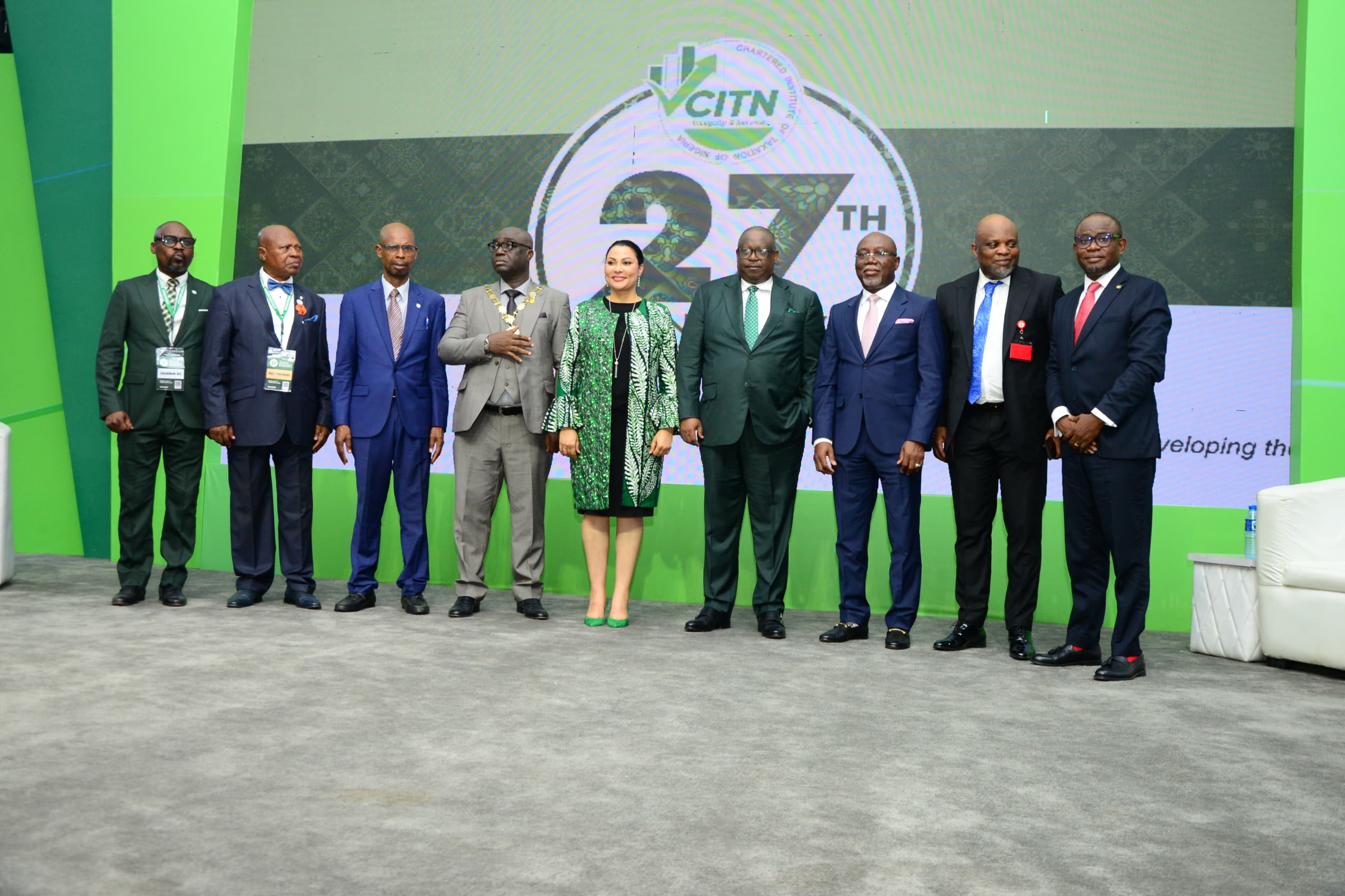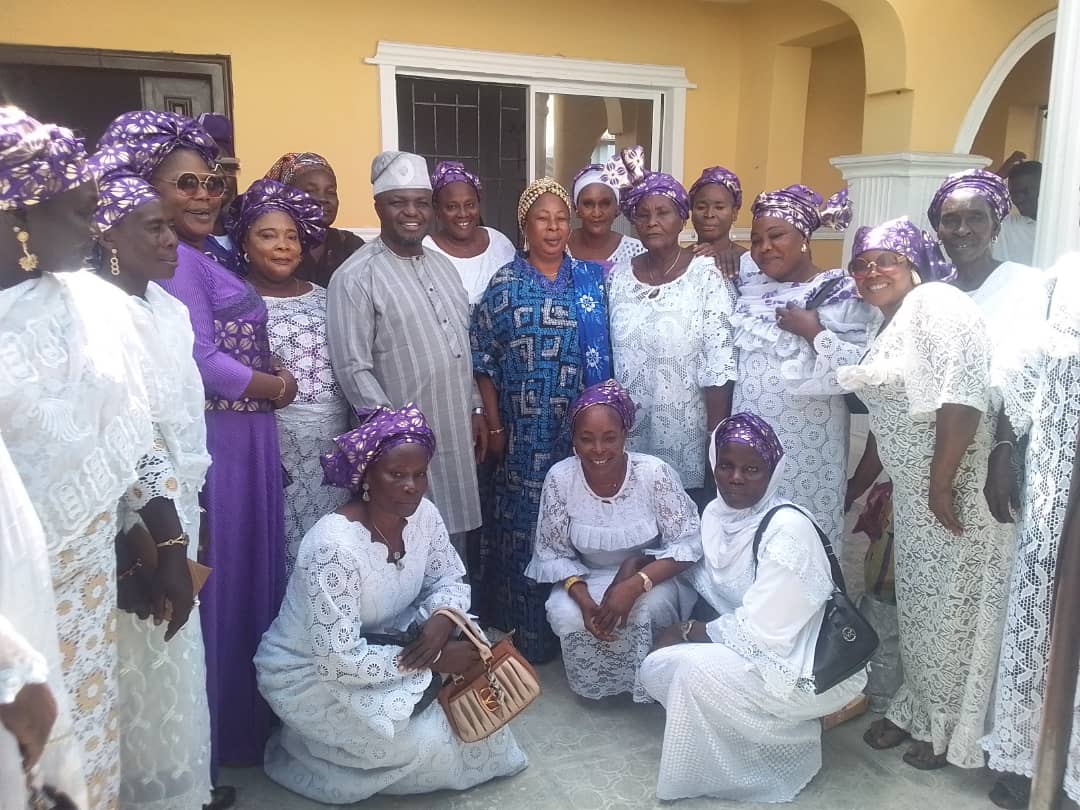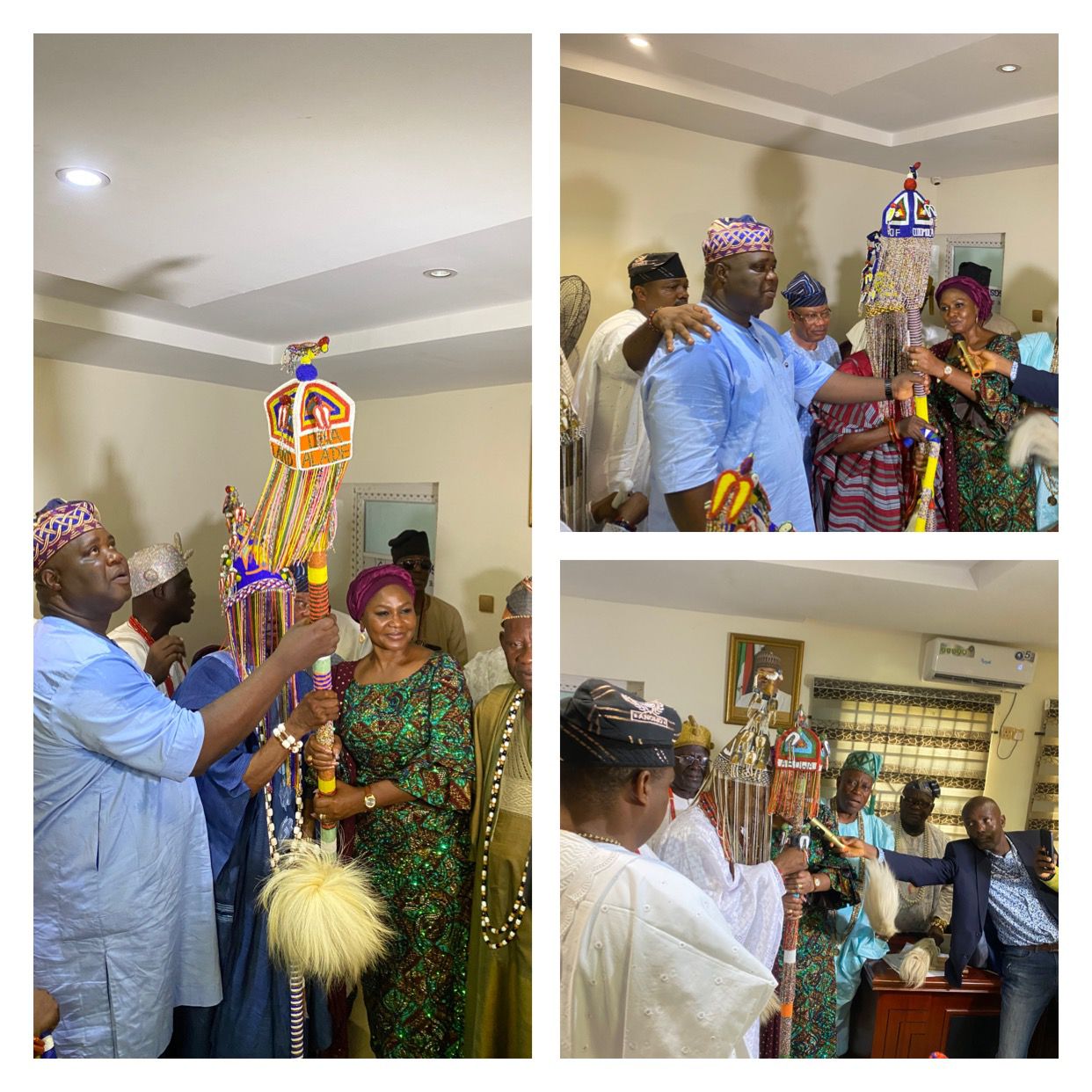kakalistiq.com reports that Lagos State Governor, His Excellency, Mr. Babajide Olusola Sanwo-Olu, has called on Nigeria’s sub-national governments to take the lead in implementing tax reforms, describing them as critical levers for national economic development.

Speaking at the 27th Annual Tax Conference of the Chartered Institute of Taxation of Nigeria (CITN), held at the Abuja Chamber of Commerce yesterday, the Governor, represented by his Special Adviser on Taxation and Revenue, Mr. Abdul-Kabir Opeyemi Ogungbo, painted a vivid picture of how Lagos transformed its economy through strategic tax reforms.
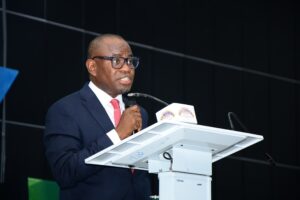
Addressing a distinguished gathering that included outgoing CITN President Mr. Samuel Olusola Agbeluyi, incoming President Mr. Innocent Ohagwa, Ondo State Governor, Mr. Lucky Aiyedatiwa, leading tax professionals, and policymakers, Governor Sanwo-Olu emphasized that this year’s theme, “Taxation for Development: Policies, Law, and Implementation,” could not have come at a more crucial time.
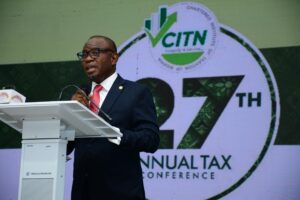
“The theme of this conference reflects not only our current national discourse but the legislative direction the country is heading,” Sanwo-Olu remarked. “The bold initiatives of President Bola Ahmed Tinubu, with strong backing from governors and lawmakers, offer a blueprint for a sustainable and prosperous future.”

In a passionate reflection titled “The Lagos Story”, Governor Sanwo-Olu took the audience on a journey of how Lagos State transitioned from fragmented tax systems to a centralized and digitized model that has become the benchmark for fiscal governance in Nigeria.
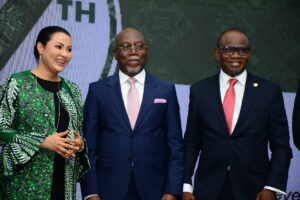
“It all started with a vision during President Tinubu’s tenure as Governor of Lagos. That vision laid the fiscal foundation we build on today,” he said. “Our achievements are a testament to the power of strategic planning, technological adoption, and payer-centric systems.”

The Governor cited the Lagos Revenue Portal (LRP), mandatory use of the National Identification Number (NIN), the deployment of AI-driven revenue chatbots, and robust data analytics as game-changers that enhanced compliance and convenience for taxpayers.
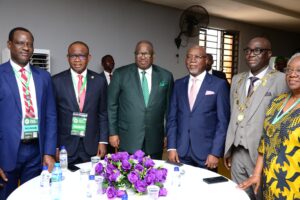
“We are not just collecting taxes; we are making it easier for citizens to meet their obligations without leaving their comfort zones,” he noted. “This is why we hit the milestone of N1 trillion in Internally Generated Revenue in 2024.”
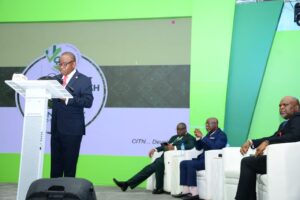
Beyond taxation, Sanwo-Olu highlighted broader fiscal innovations including a N10 billion partnership with the Bank of Industry (BOI) to empower MSMEs, and the passage of the Lagos State Electricity Law in December 2024, legislation that aims to reduce dependence on the national grid and promote energy self-sufficiency.
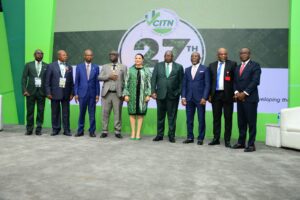
“These efforts are about creating an enabling environment where businesses can thrive and residents enjoy improved services,” he said.
Looking ahead, the Governor urged his fellow sub-national leaders to act decisively as the National Assembly prepares for full implementation of the newly passed tax reform bills. He flagged a specific clause, exempting employees earning below N800,000 annually from Personal Income Tax, as one that requires nuanced implementation strategies.
“This provision could create a tax shield for many in the MSME and startup sectors,” he warned. “We must not allow tax evasion to fester. Sub-nationals must ramp up direct assessment efforts targeting high-net-worth individuals.”
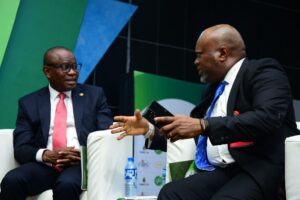
He stressed that for Nigeria to reach its ambitious $1 trillion GDP goal, state governments must embrace innovation, overhaul outdated tax laws, invest in data systems, and prioritize human capital development.
Governor Sanwo-Olu concluded his address with optimism, expressing confidence in the deliberations of the conference to chart a resilient path forward.
“Let this gathering be the catalyst for a more inclusive and resilient tax culture, one that drives our collective prosperity,” he said. “I commend President Tinubu for his visionary leadership and CITN for its unwavering commitment to national progress.”
The Governor’s address highlights the need for stakeholders to delve deeper into the practical frameworks needed to translate tax policy into real-world development outcomes hopefully inspired by Lagos’ compelling success story.

